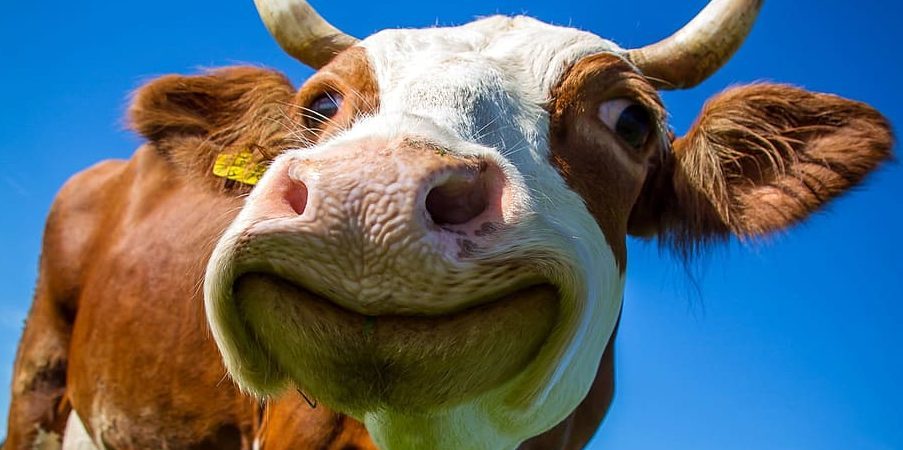Item Link: Access the Resource
Date of Publication: July 2
Year of Publication: 2021
Publication City: London, UK
Publisher: New Scientist
Author(s): Krista Charles
Cows have stomachs with four compartments and the bacteria in one of them – the rumen – produce enzymes which can break down some widely used plastics. The discovery could lead to new technology for processing such materials after use.
Georg Guebitz at the University of Natural Resources and Life Sciences in Austria and his colleagues visited a local slaughterhouse and collected samples of the liquid from the rumen of a young ox fed on alpine pastures. They found that the liquid contained many types of enzymes, including cutinases.
The team demonstrated that these enzymes could break down three types of widely used polyesters – namely polyethylene terephthalate (PET), polybutylene adipate terephthalate (PBAT) and polyethylene furanoate (PEF), which are often used to make products including bottles, textiles and bags. The enzymes degraded these substances within one to three days when kept at a temperature of about 40°C to match that of a cow’s stomach.
Read the full article here.
The views and opinions expressed through the MAHB Website are those of the contributing authors and do not necessarily reflect an official position of the MAHB. The MAHB aims to share a range of perspectives and welcomes the discussions that they prompt.
